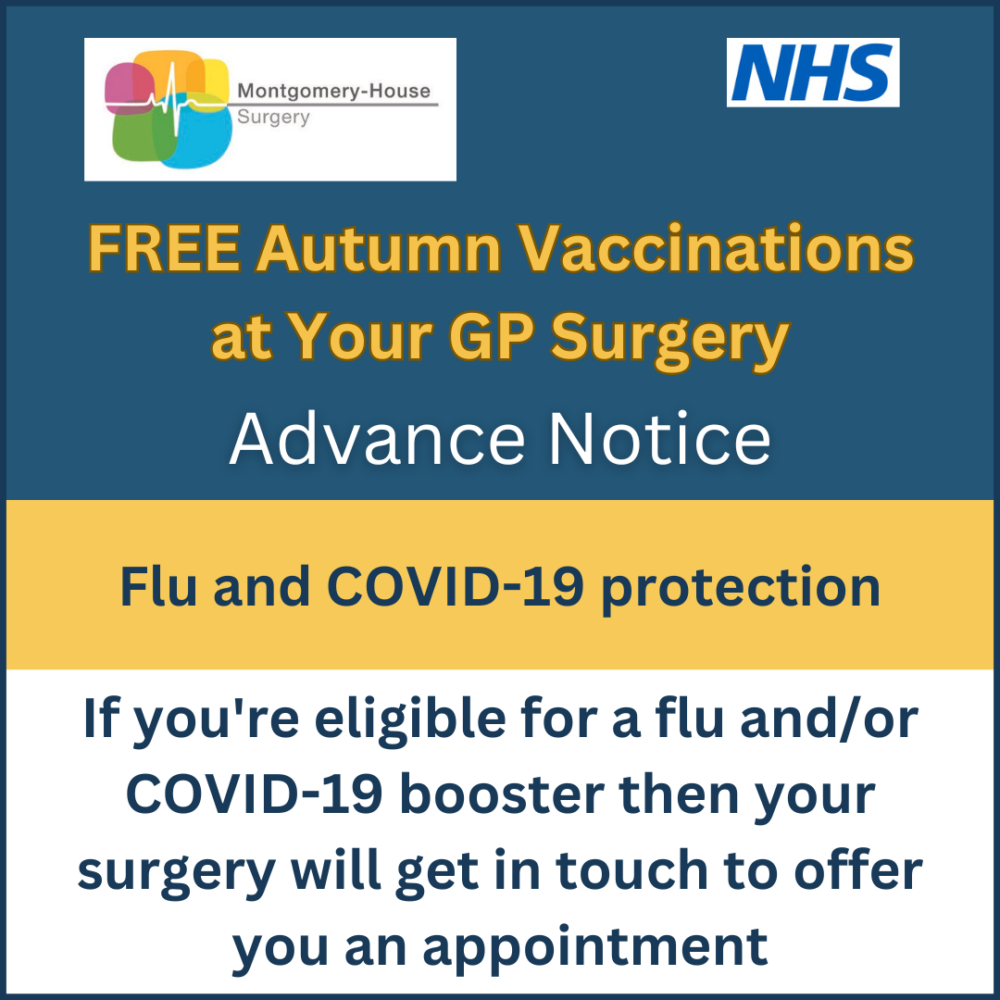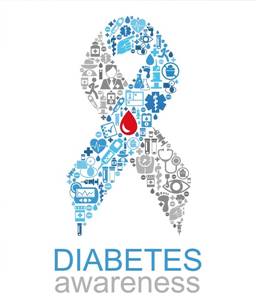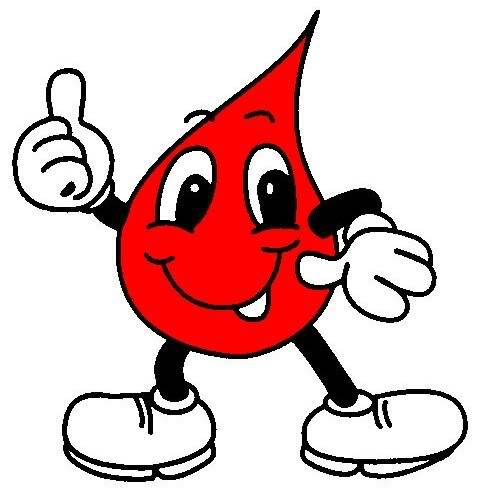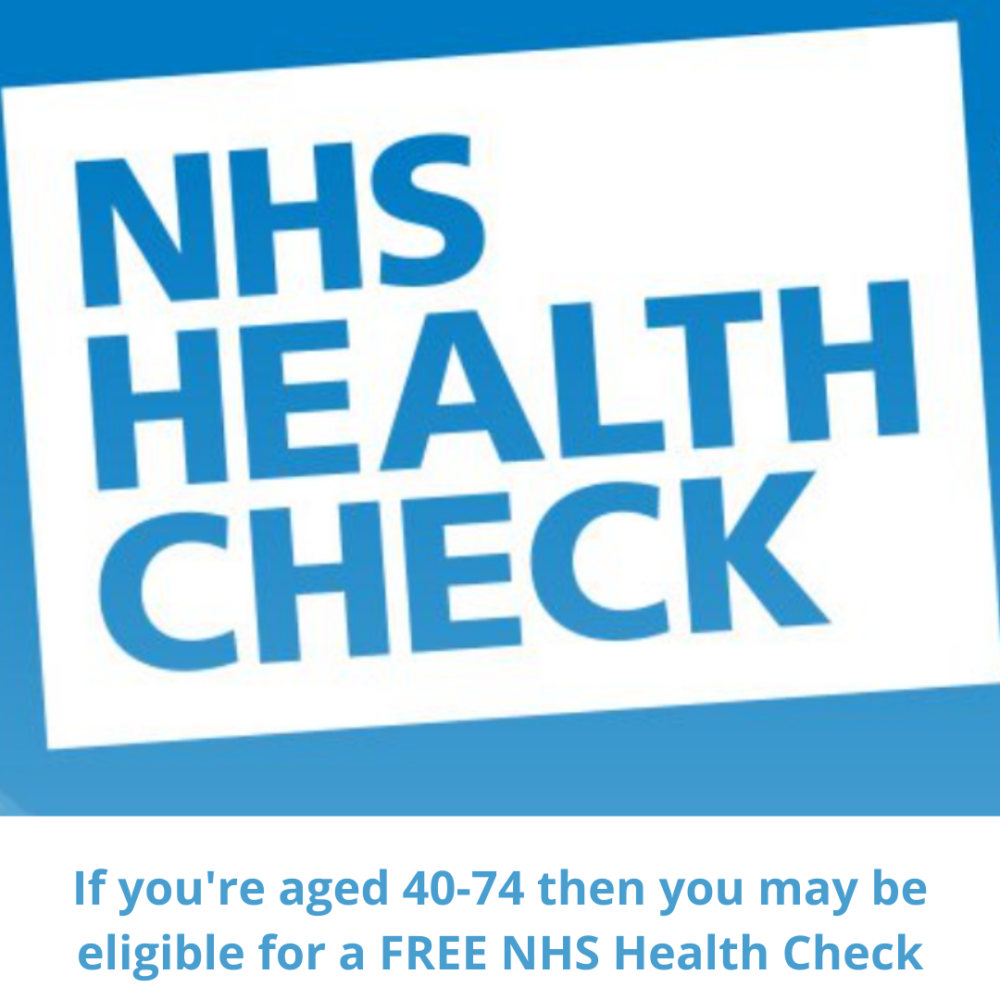Given the risk of the serious infections that the vaccines protect against, the routine infant primary immunisation schedule continues as normal. Whilst parents should continue to try to obtain and administer infant paracetamol if possible, infant vaccines can and should still be given even if it is not possible to give prophylactic paracetamol.
Parents who have been unable to obtain infant paracetamol are advised as follows:
• Fever can be expected after any vaccination but is more common when the MenB vaccine (Bexsero) is given with the other routine vaccines at eight and sixteen weeks.
• In infants who do develop a fever after vaccination, the fever tends to peak around six hours after vaccination and is nearly always gone completely within two days.
• Ibuprofen can be used to treat a fever and other post-vaccination reactions. Prophylactic ibuprofen at the time of vaccination is not effective.
• Information about treating a fever in children is available from the NHS UK webpage “Fever in children” at www.nhs.uk/conditions/fever-in-children/
• If an infant still has a fever 48 hours after vaccination or if parents are concerned about their infant’s health at any time, they should seek advice from their GP or NHS 111.
• The diseases that the vaccines protect against are very serious and therefore vaccination should not be delayed because of concerns about post-vaccination fever.
Cause of fever following immunisation
If parents are concerned about a normal post immunisation fever and COVID-19 fever, indications to date suggest that COVID-19 causes mild disease in infants and children. As has always been recommended, any infant with fever after vaccination should be monitored and if parents are concerned about their infant’s health at any time, they should seek advice from their GP or NHS 111.
The same advice applies to teenagers who are due their routine adolescent immunisations. Teenagers are less likely to develop vaccine reactions such as fever and if they do, these are generally short lived and resolve quickly. COVID-19 is associated with a more prolonged course of illness with respiratory symptoms, especially cough, which would not be expected following vaccination. As with the infant primary immunisations, It is recommended that the routine adolescent immunisations should not be delayed.







